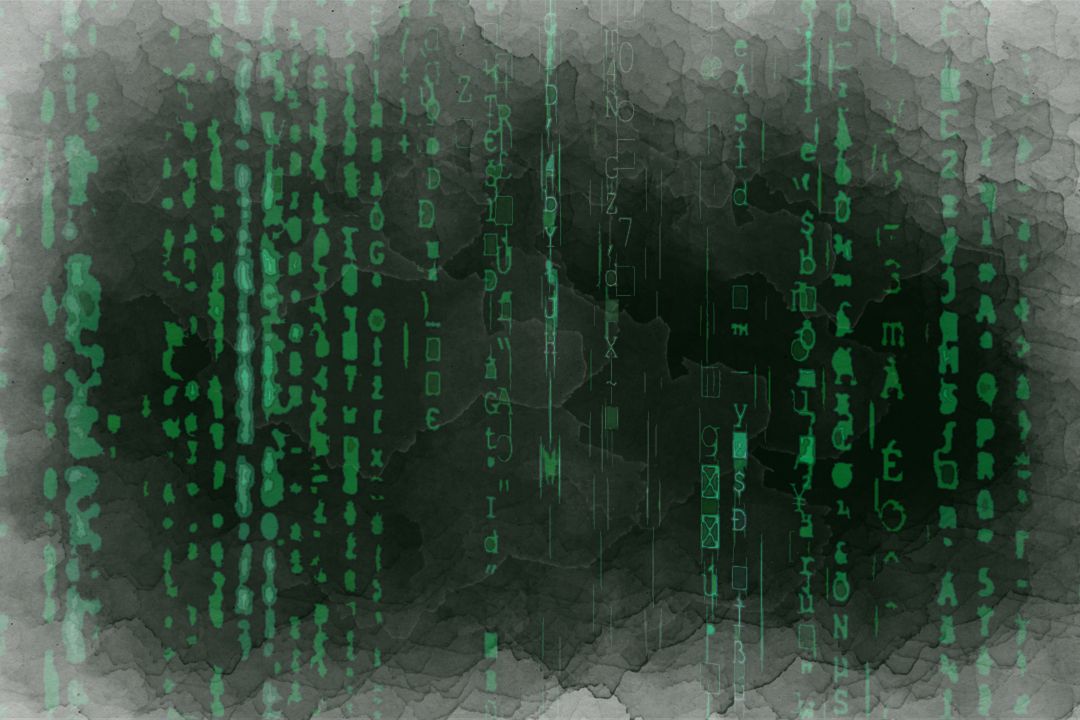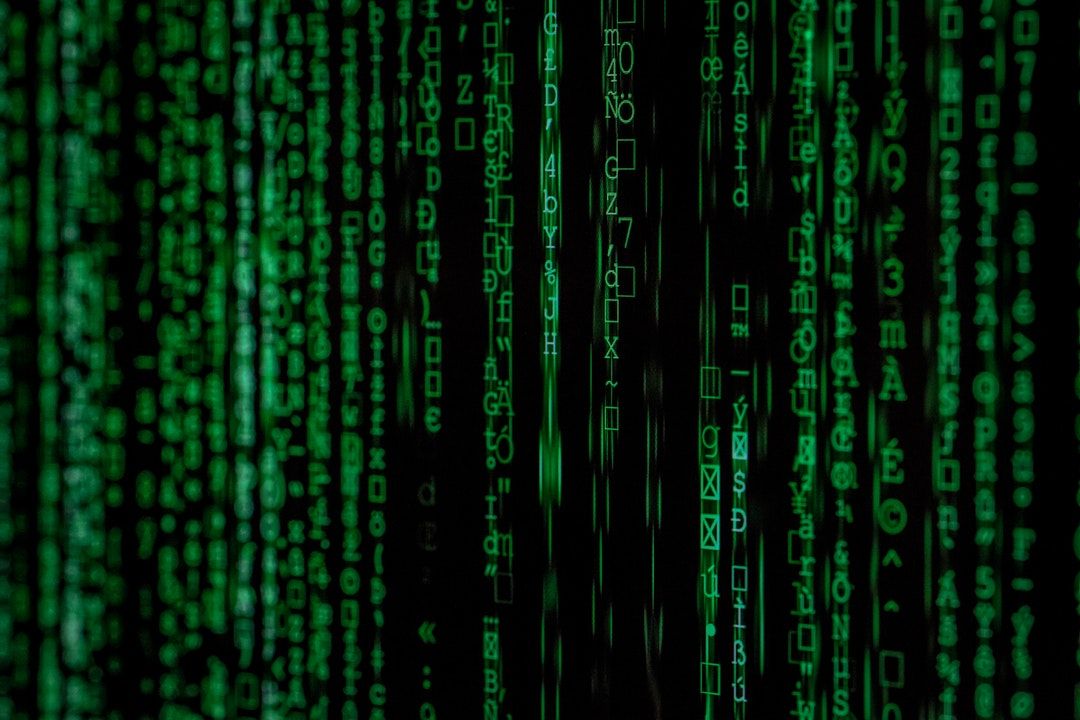Deontological Algorithms

Algorithms that Dance to the Rhythm of the Environment
Sophia’s fingertips danced over the keyboard with the precise cadence of rain pattering against a windowpane. She was orchestrating a symphony of code, crafting rules out of every solution her analytical mind unearthed. Her office, a capsule of solitude amidst the cacophony of the bustling tech company, was a testament to the years spent honing her craft. Algorithms were her language, and with each one she perfected, she painted her masterpiece across the canvas of the digital world.
Each problem that I solved became a rule, which served afterwards to solve other problems.
— René Descartes (1596-1650)
For Sophia, this quote was not merely a string of words but the backbone of her philosophy. The gleaming screens that surrounded her bore witness to the beauty of her logic. She cracked puzzles not just for the sake of finding answers, but to build upon them, to construct a tower of knowledge so sturdy that no problem could withstand its might.
On this day, her algorithm—a delicate weave of predictive analytics and adaptive learning—was showing signs of a breakthrough. It was designed to optimize energy distribution across a power grid, to predict outages before they happened, and to reroute the flow like a river changing course to bypass a fallen tree. Her eyes, reflecting the green hue of the code on the screen, flickered with anticipation as she initiated the simulation.
A knock on the door and a head popped in—Alexander, with a grin that could light up the room even if all the circuits failed.
“Eureka?” he teased, knowing that behind Sophia's focused frown was a storm of creativity.
“Not yet,” she replied, “but close. It's learning. It's adapting. It's almost... dancing.”
Alexander chuckled, pulling up a chair beside her. He was the company's wordsmith, tasked with translating Sophia's technical triumphs into narratives that even the most technologically challenged could grasp. He watched the algorithms take shape, a visual ballet of numbers and symbols, each step a move towards efficiency and harmony.
Sophia turned to him, her expression a mixture of triumph and exasperation. “Each solution builds a rule. It's iterative, you know? But explaining that—it's like trying to describe the color of the wind.”
“Ah, but that’s the challenge,” Alexander quipped. “To capture the unseen, the intricate dance of your algorithms with the flair of words.”
He scribbled down notes, each word chosen with care, crafting the story of Sophia’s endeavor, the chronicle of an algorithm with the potential to transform the way the world engaged with its precious resources. Together, they were a team, the coder and the scribe, building bridges across the chasm that often lay between complexity and comprehension.
The day turned to night, but Sophia remained, the algorithm evolving under her guidance. Each rule it learned was a step forward, a foxtrot toward functionality, a waltz toward wisdom. And in those moments of breakthrough, when the code finally performed as intended, Sophia’s laughter rang out—a melody that echoed Descartes’s sentiment, a harmony with the rhythm of resolve and revelation.
As Sophia’s algorithm continued its dance through the labyrinth of data, Alexander diligently chronicled its progress. His words wove a tapestry of understanding, capturing the essence of Sophia’s brilliance in a narrative accessible to all. The code was no longer just lines on a screen; it was a story, a saga of problem-solving and innovation.
Good writers are those who keep the language efficient. That is to say, keep it accurate, keep it clear.
— Ezra Pound (1885-1972)
Alexander took these words to heart as he crafted each sentence, ensuring that clarity reigned supreme. He knew that the power of Sophia’s algorithm lay not just in its complexity but in its ability to be understood by all who encountered it. As he typed away, he felt a kinship with Descartes, each word he penned becoming a rule in the narrative, serving to illuminate the path forward.
Meanwhile, Sophia delved deeper into the intricacies of her creation. With each iteration, the algorithm grew more sophisticated, more attuned to the nuances of its environment. It was no longer simply reacting to problems; it was anticipating them, preempting them with a precision that bordered on prescience. Sophia watched with a mix of pride and awe as her creation performed its digital ballet, a testament to her skill and dedication.
But as the algorithm’s capabilities expanded, so too did the scrutiny it faced. Doubters emerged from the shadows, questioning the validity of Sophia’s work, casting doubt on the very foundation of her creation. Sophia felt the weight of their skepticism pressing down on her, threatening to unravel all that she had worked so tirelessly to achieve.
The truth does not change according to our ability to stomach it.
— Flannery O'Connor (1925-1964)
These words echoed in Sophia’s mind as she weathered the storm of doubt. She knew that the truth of her algorithm’s potential was immutable, unyielding in the face of skepticism. It was not a matter of if her creation would succeed, but when, and she refused to let the doubters deter her from her path.
With Alexander by her side, Sophia doubled down on her efforts, pouring herself into her work with a fervor bordering on obsession. She dove headfirst into the code, dissecting it line by line, searching for any weaknesses that could be exploited by her detractors. And as she worked, a sense of clarity washed over her, a realization that the only way to silence the skeptics was to let her work speak for itself.
As the days turned into weeks, Sophia’s algorithm continued to evolve, its dance becoming more intricate, more mesmerizing with each passing moment. And then, one fateful day, it happened—the algorithm achieved what Sophia had once thought impossible, solving a problem that had confounded even the most seasoned experts.
Be brave. Take risks. Nothing can substitute experience.
— Paulo Coelho (1947-present)
These words rang true as Sophia basked in the glow of her success. She had dared to dream, dared to take risks, and in doing so, she had emerged victorious. The doubters were silenced, their skepticism replaced by awe and admiration for what she had accomplished. And as Sophia looked out at the world, she knew that this was just the beginning, that her algorithm was destined to change the world in ways she had only begun to imagine.
As Sophia and Alexander celebrated the triumph of their collaboration, a new challenge loomed on the horizon. With the success of Sophia’s algorithm, expectations soared to new heights, and the pressure to deliver a worthy successor weighed heavily on their shoulders. But they were undeterred, fueled by the knowledge that they had already overcome seemingly insurmountable obstacles together.
With renewed determination, Sophia plunged back into her work, her mind abuzz with ideas for the next iteration of her algorithm. This time, she envisioned a creation that could not only adapt to its environment but could also learn from its mistakes, evolving with each new challenge it faced. It was a bold vision, one that pushed the boundaries of what was thought possible, but Sophia knew that with Alexander’s help, anything was achievable.
As they worked tirelessly to bring their vision to life, Sophia and Alexander found themselves facing unexpected obstacles at every turn. Technical glitches, logistical hurdles, and even personal conflicts threatened to derail their progress, but they refused to be swayed. With each setback, they redoubled their efforts, drawing strength from their unwavering belief in the power of their collaboration.
Success is not final, failure is not fatal: It is the courage to continue that counts.
— Winston Churchill (1874-1965)
These words became their mantra as they navigated the tumultuous waters of innovation, reminding themselves that failure was not an option. They were pioneers, forging a path into uncharted territory, and they would not be deterred by the obstacles that stood in their way. With each setback, they grew stronger, more determined to see their vision through to the end.
And then, just when it seemed like all hope was lost, a breakthrough occurred. Sophia’s algorithm, with Alexander’s words guiding its evolution, surpassed even their wildest expectations, achieving feats that were once thought impossible. It was a moment of triumph, a validation of their tireless dedication to their craft.
But as they basked in the glow of their success, Sophia and Alexander knew that their journey was far from over. There would always be new challenges to overcome, new horizons to explore, but they were ready. Together, they had proven that with courage, determination, and a steadfast belief in the power of collaboration, anything was possible.
And so, as they looked towards the future, Sophia and Alexander knew that whatever obstacles they may face, they would face them together, their bond unbreakable, their resolve unwavering. For theirs was a partnership forged in the crucible of innovation, a collaboration that would stand the test of time.

The planksip Writers' Cooperative is proud to sponsor an exciting article rewriting competition where you can win part of over $750,000 in available prize money.
Figures of Speech Collection Personified
Our editorial instructions for your contest submission are simple: incorporate the quotes and imagery from the above article into your submission.
What emerges is entirely up to you!
Winners receive $500 per winning entry multiplied by the article's featured quotes. Our largest prize is $8,000 for rewriting the following article;

At planksip, we believe in changing the way people engage—at least, that's the Idea (ἰδέα). By becoming a member of our thought-provoking community, you'll have the chance to win incredible prizes and access our extensive network of media outlets, which will amplify your voice as a thought leader. Your membership truly matters!


